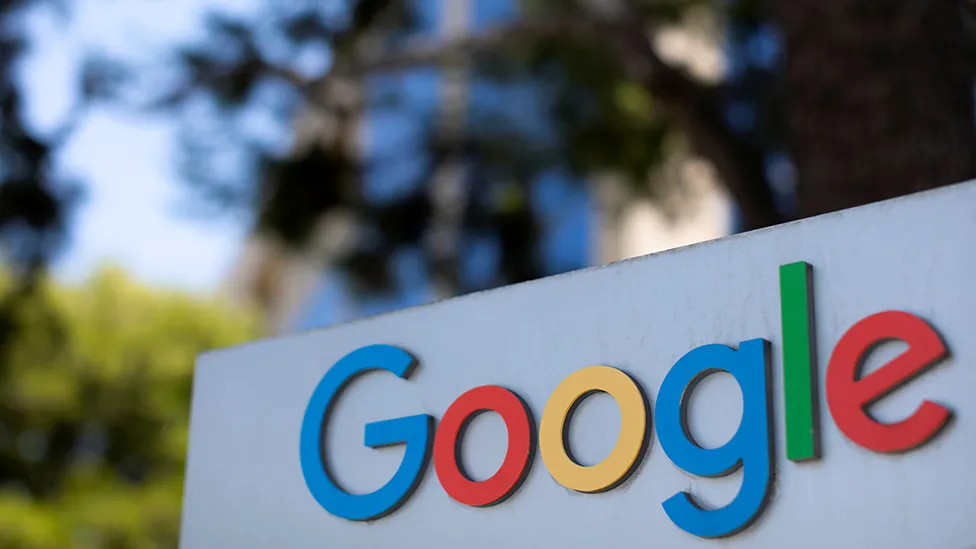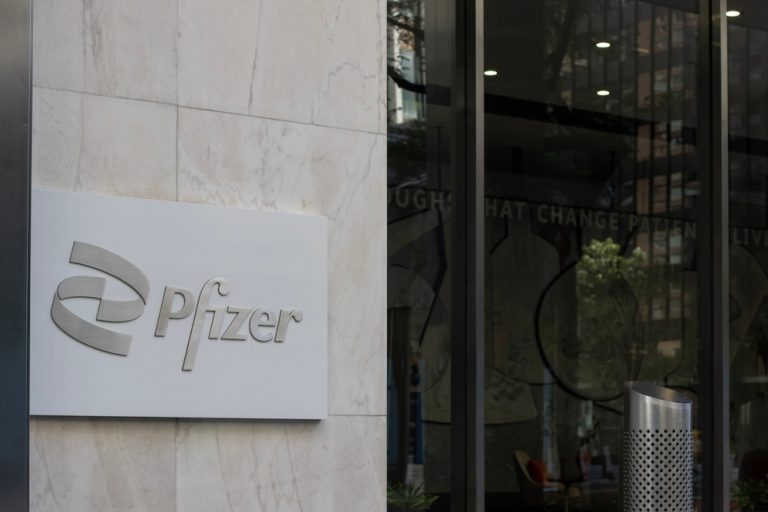In a stunning revelation that underscores the ongoing tensions between the US and China in the technology sector, Linwei Ding, a former Google software engineer, has been charged with stealing trade secrets related to artificial intelligence (AI). According to US authorities, Ding, also known as Leon Ding, engaged in covert activities to siphon off sensitive information about Google’s supercomputing data centers while secretly working for two Chinese companies. The charges levied against him in California include four counts, with Ding facing the possibility of up to 10 years in prison and $250,000 in fines for each count if convicted.
Ding’s alleged espionage activities began shortly after his tenure at Google started in 2019, with responsibilities centered around developing software critical to Google’s AI endeavors. The indictment outlines a calculated scheme wherein Ding reportedly uploaded more than 500 confidential files to a personal account while conceiving and leading his AI-focused tech firm in Shanghai and serving as the Chief Technology Officer for Beijing Rongshu Lianzhi Technology, a Chinese startup.
The breach was noticed for a short time. Upon detecting suspicious activities linked to Ding, including attempts to upload additional files while in China, Google initiated a swift investigation. Despite Ding’s attempts to cover his tracks, including a hasty resignation and planned departure to Beijing, Google’s vigilance and stringent safeguards against data theft brought the issue to the authorities’ attention. “We have strict safeguards to prevent the theft of our confidential commercial information and trade secrets,” stated Google spokesman José Castañeda, highlighting the company’s prompt action in alerting law enforcement.
The implications of Ding’s alleged actions extend far beyond a mere violation of corporate trust. US Attorney General Merrick Garland emphasized the gravity of the situation by stating, “The Justice Department will not tolerate the theft of artificial intelligence and other advanced technologies that could put our national security at risk.” FBI Director Christopher Wray further underscored the incident as an emblematic case of the lengths to which some entities in China will go to “steal American innovation.”
This case emerges amidst an increasingly fraught US-China relationship, especially in trade and technological supremacy. Both nations have engaged in a protracted battle over tariffs and trade barriers, notably in the critical area of computer chips, highlighting the strategic importance of maintaining a lead in AI and other advanced technologies.
As the legal proceedings against Ding unfold, the case serves as a stark reminder of the intricate and high-stakes dance between global powers vying for dominance in the technological arena. It also underscores the challenges companies face in safeguarding their most valuable assets in an era where information is both currency and weapon.
The saga of Linwei Ding is more than a tale of alleged corporate espionage; it is a microcosm of the more significant geopolitical struggles defining the 21st century. As nations and corporations navigate these tumultuous waters, the balance between innovation, security, and ethical conduct remains more precarious than ever.






















